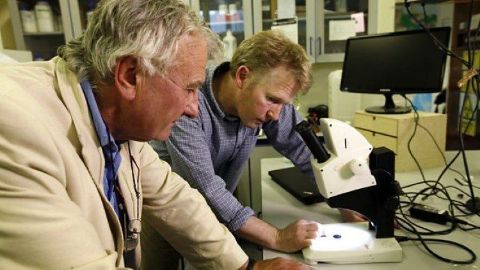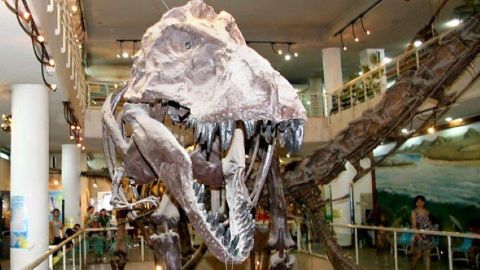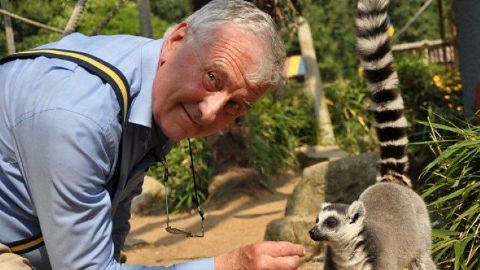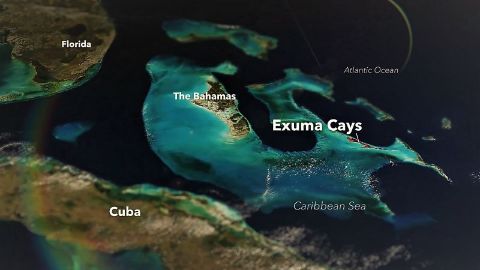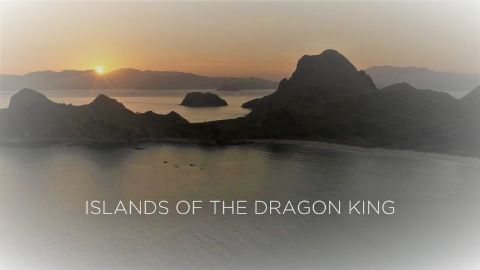The Mammal Hothouse • 2014 • episode "S1E3" • Fossil Wonderlands: Nature's Hidden Treasures
Professor Richard Fortey investigates the remains of ancient volcanic lake in Germany where stunningly well-preserved fossils of early mammals, giant insects and even perhaps our oldest known ancestor have been found. Among the amazing finds are bats as advanced and sophisticated as anything living today, more than 50-million-years-later; dog-sized 'Dawn' horses, the ancestor of the modern horse; and giant ants as large as a hummingbird.
Make a donation
Buy a brother a hot coffee? Or a cold beer?
Hope you're finding these documentaries fascinating and eye-opening. It's just me, working hard behind the scenes to bring you this enriching content.
Running and maintaining a website like this takes time and resources. That's why I'm reaching out to you. If you appreciate what I do and would like to support my efforts, would you consider "buying me a coffee"?
Donation addresses
BTC: bc1q8ldskxh4x9qnddhcrgcun8rtvddeldm2a07r2v
ETH: 0x5CCAAA1afc5c5D814129d99277dDb5A979672116
With your donation through , you can show your appreciation and help me keep this project going. Every contribution, no matter how small, makes a significant impact. It goes directly towards covering server costs.
